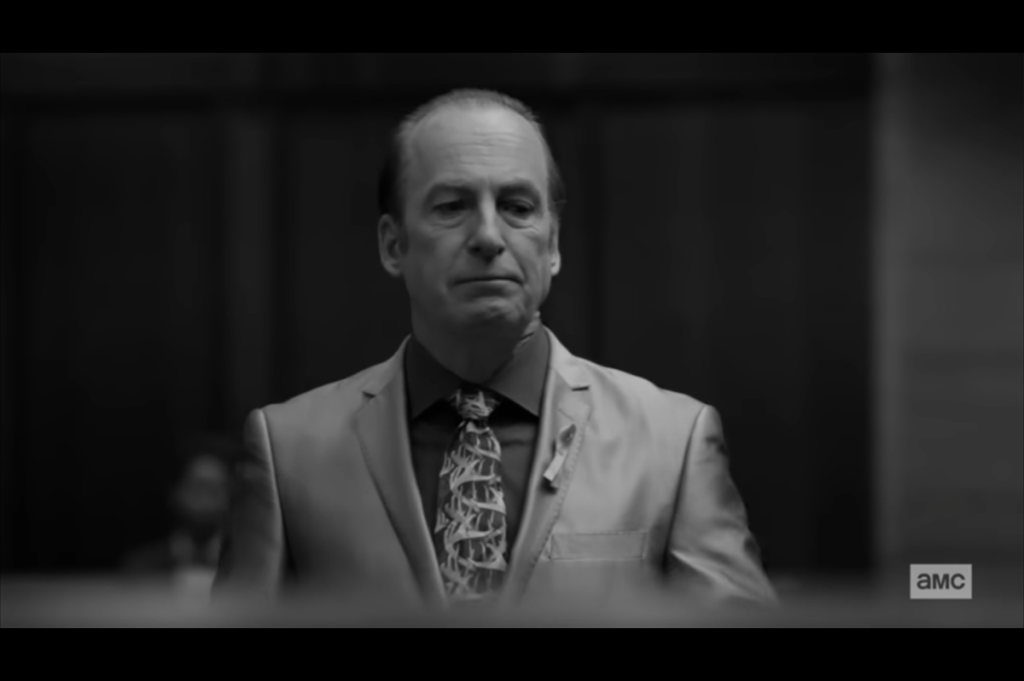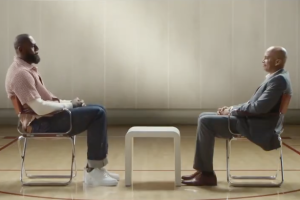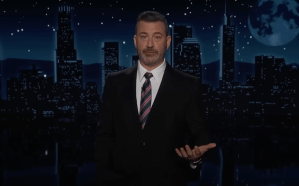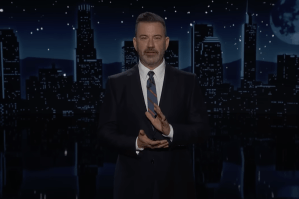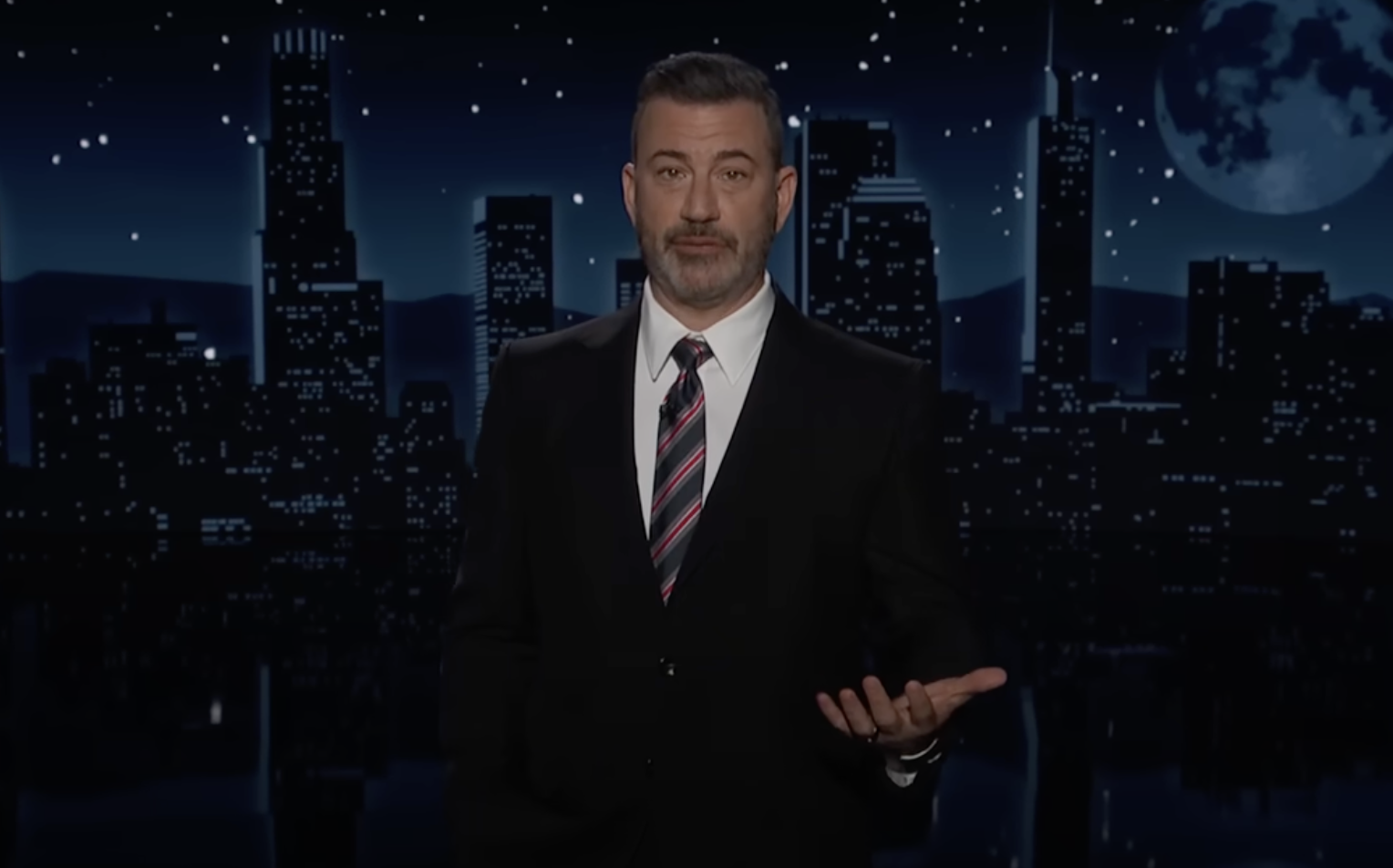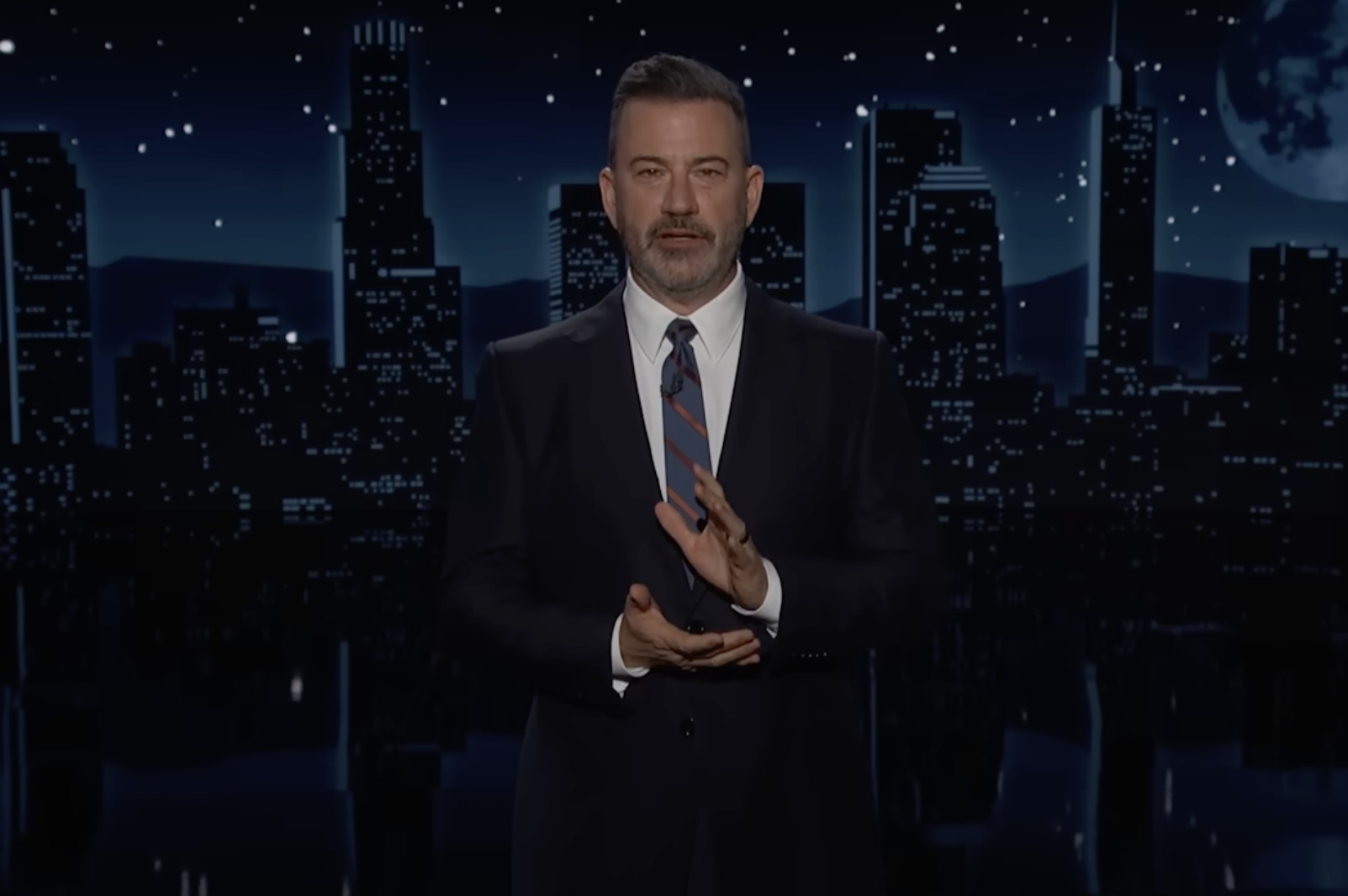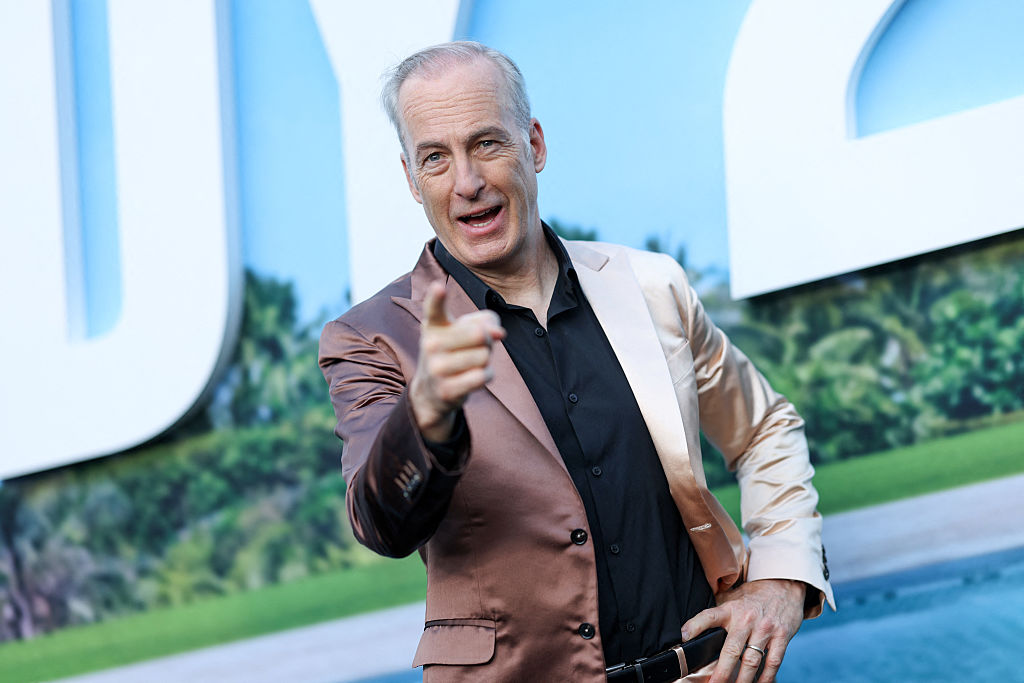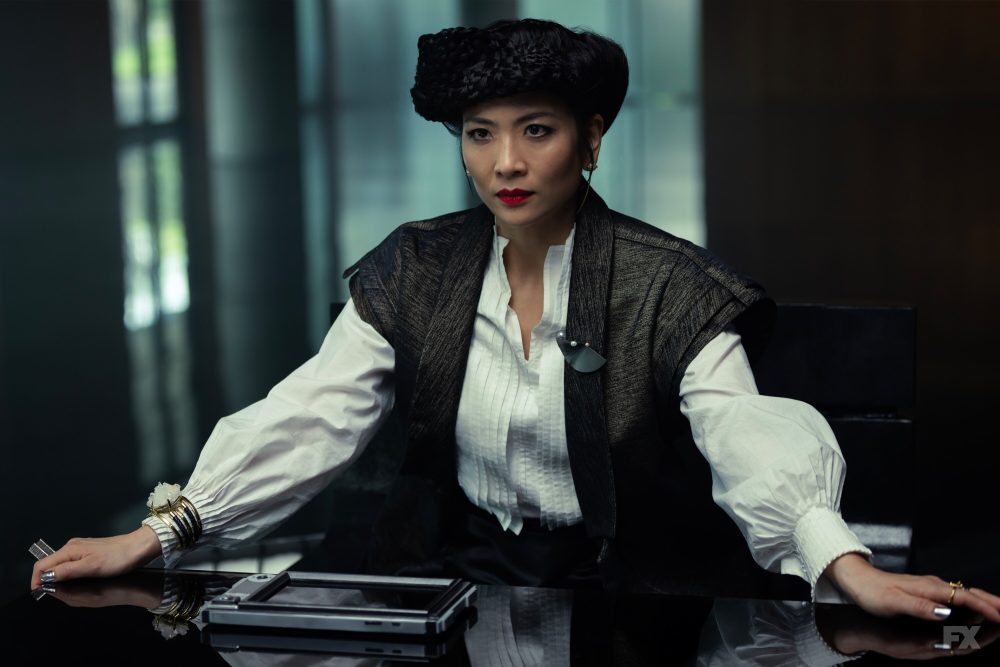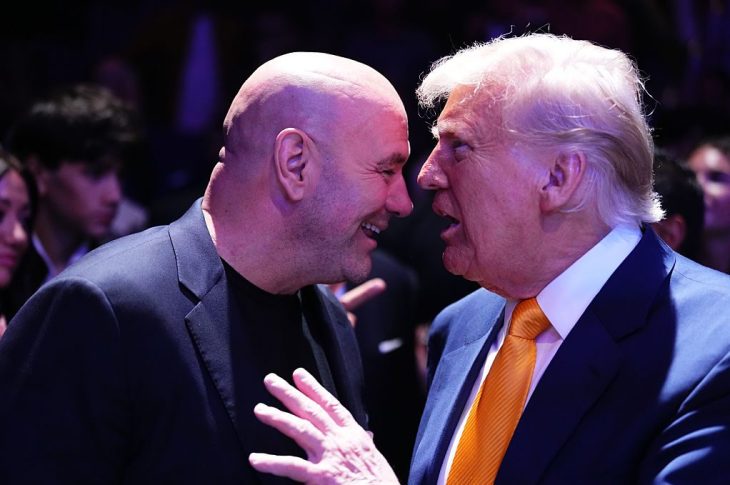This week’s finale of AMC’s Better Call Saul represented a quiet end to the Golden Age of Television. It’s a fitting end for Prestige TV — marked by lavish sets, sex, violence and episodes as expensive as feature films — to end with a small black-and-white ode to a spin-off.
Bob Odenkirk’s performance as Jimmy McGill/Saul Goodman, a pivotal bit character in Breaking Bad a decade ago, was marked by over-the-top colorful courtroom flair, but it ends with somber black-and-white drama and a quiet prison cell, serving almost as a muted on-screen act of penance for all that came before.
This Golden Age was marked by a run of incredible antiheroes — flawed, complicated leading men (they were nearly all men) whose rise prompted enjoyment, reveling in escapist dramas of revenge and codes of thieves and criminals. Their ultimate downfalls served as inevitable but morally justified commentaries on the viewer’s enjoyment of everything they had watched. As morality tales, the arcs of Prestige TV are as filled with lessons as the works of the Brothers Grimm. You ended up lost in that forest? Well, you should have thought before you listened to that witch.
The female characters got their due, too, as the tug of home life and its frustrations and fulfillments animated so many of the characters. The most iconic speech of the Prestige era is almost certainly Don Draper’s “Carousel” pitch, which has as much to do with a feeling of catharsis over the love and loss of an idealized home life as a frustrated incapacity of achieving it.
It’s fitting that Breaking Bad‘s most singular scene, from 2011’s “Crawl Space,” comes at a darkly comic moment of realization for Walter White — he may run a business big enough to be listed on the Nasdaq, he may be “the one who knocks”, but he’s also incapable of heading a family or keeping his wife.
Relationships with leading women were often reinterpretations of modern conflicts through the lens of period pieces or the eternal war between the sexes. I won’t begin to try to analyze the love-hate relationships of Game of Thrones, though it’s interesting that HBO’s attempt at keeping the Prestige going — House of the Dragon, which premieres Sunday — is getting viewer backlash for promising *less* sex and violence, which the New York Times refers to as “domesticating” GOT.
But we also shouldn’t underestimate the importance of the complicated daughter relationships as a recurring element of these programs. Paige Jennings, Sally Draper and Sansa Stark served as signs of culture in transition from the aging masculine past to the rising feminine future — perhaps Meadow Soprano did survive at the end after all?
Prestige TV wrestled with breaking away from the old ways to the new even as it came to exemplify this same trend within the media. When The Sopranos launched in 1999, Netflix was a service that would send you a DVD a month in the mail — the following year, they would offer to sell to Blockbuster for $50 million (in an act that made total sense at the time, Blockbuster’s CEO rejected the play as a dotcom-era joke).
Now the company is such a powerful force that when Stranger Things‘s fourth season featured a Kate Bush song from 1985, it turned it into 2022’s song of the summer.
There are now more platforms than anyone knows how to access or what is even good on them. Major players like Amazon have the power to push things in front of your eyeballs and spend enormous sums of money on them, but anyone who thinks The Rings of Power is headed for an automatic success should take a lesson from the bloated disasters of The Romanoffs or Carnival Row.
These changes are as big a part of the end of Prestige TV as other Hollywood developments. How you watch TV has more to do now with algorithms than time slots; the idea of “appointment viewing” has given way to bingeing something before the spoilers have time to populate your social feeds. It is impossible to have something come across as “Prestige” in an era when so little common culture can be found outside of Marvel movies; even that seems not long for the top of the heap.
What does seem compelling about the next stage of television is the potential for surprisingly successful entries to emerge from unlikely sources. The most popular television show in America with Prestige ambitions is Yellowstone, a western whose runaway success would have been hard to predict. Of course, it now has its own cinematic universe with iconic actors in a plethora of planned historic prequel projects — with a necessary risk that the creativity will be spread too thin.
Too much of a good thing is a real problem — and in its final years, Prestige TV ran into that hard. The final season of Game of Thrones cost $15 million an episode — something fans could only dream of in terms of production value — but it couldn’t buy a plot fix. Getting back to telling stories that are well-written, around characters who are fully fleshed out, is more powerful than the biggest budget in the room. Let’s hope the next era of television understands this.



